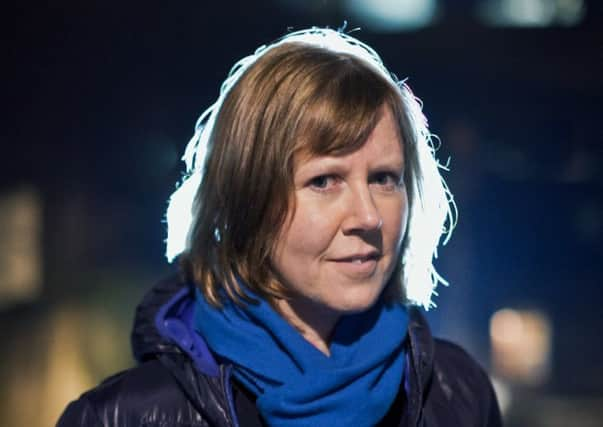Book review: Scotland - Her Story, by Rosemary Goring


So, embarrassingly, when 30 years ago I wrote a book entitled 101 Great Scots I was sadly aware how poorly women were represented. Magnus Linklater had had the same experience when editing a collection of 100 Scottish obituaries from the Times. Consequently, as Rosemary Goring writes in her admirable introduction, the exclusion of women – and children – means that “far more than half of Scotland’s history has been forever lost.” At the very least she has redressed the balance.
There were of course exceptions, mostly royal or noble, notably Mary Queen of Scots. Goring gives us enough to follow her tragic story – the first item in the book is the moving and dignified letter she wrote to her brother-in-law, the French king Henri III, on the night before her execution. Though Mary’s time in Scotland was brief, and though her influence on the country’s history might be considered insignificant, she remains the best-known of Scottish women, and Goring recognizes this.
Advertisement
Hide AdThe book’s early material deals mostly with queens and noblewomen, such as the Countess of Buchan who crowned Robert the Bruce, was captured by the English and held prisoner in a cage hung from the battlements of Berwick Castle and “Black Agnes “ who successfully defended Dunbar Castle against the English. “Her memory survives and “some say they have seen her walking the castle ruins – although,” Goring adds, “this part of town does have an abundance of pubs.”
The material becomes richer and more varied from the 16th century onwards; a pension for John Knox’s widow, witchcraft and witch-burnings, Covenanting martyrs, household accounts, advice on choosing a wife, rape in the Highlands, regulations for midwives and the Aberdeen Kirk Session’s investigation of fornications. We have Flora MacDonald’s account of her role in saving Charles Edward and advice on how to kill time while men drink and gamble. Jean Armour remembers Burns at table – he didn’t like puddings – so much for the race’s chieftain, haggis. We get a “Testimony of coal workers” from 1840 and Jane Welsh Carlyle’s view of marriage and “servant trouble”. There’s a “Parochial Board Sub-Committee’s Report on Orphans in the Snow,” and observations on the Spanish Civil War by the “Red” Duchess of Atholl jostle with “Fish Gutters” and “Teashops.” There is comedy – Mary Contini’s “An Italian Scottish Wedding” – and tragedy, memories of “Dunblane’s Darkest Day.” We have Winnie Ewing’s experience of being “stalked” by a Labour MP in Westminster, and, finally, a chapter entitled “First Among Equals: Nicola Sturgeon, First Minister.”
A reviewer can only scratch the surface in an attempt to indicate the rich variety on offer here, a richness that is evidence of both long hours of research and Rosemary Goring’s eye for the significant story, passage, or memory. If you immerse yourself in this book you will learn much about Scotland and what made us, for good or ill, the people we are. Indeed, though compilations of this sort may seldom aspire to offer a narrative, there is a story here, the story of the emergence into the light of that part of the Scottish population that most narrative history consigned to the dark. It’s probable that few will read the book cover to cover, if only because the temptation to skip about is hard to resist. Nevertheless it’s a perfect book to keep by you, one that will offer both enlightenment and entertainment.
Scotland - Her Story, by Rosemary Goring, Birlinn, 337pp, £20